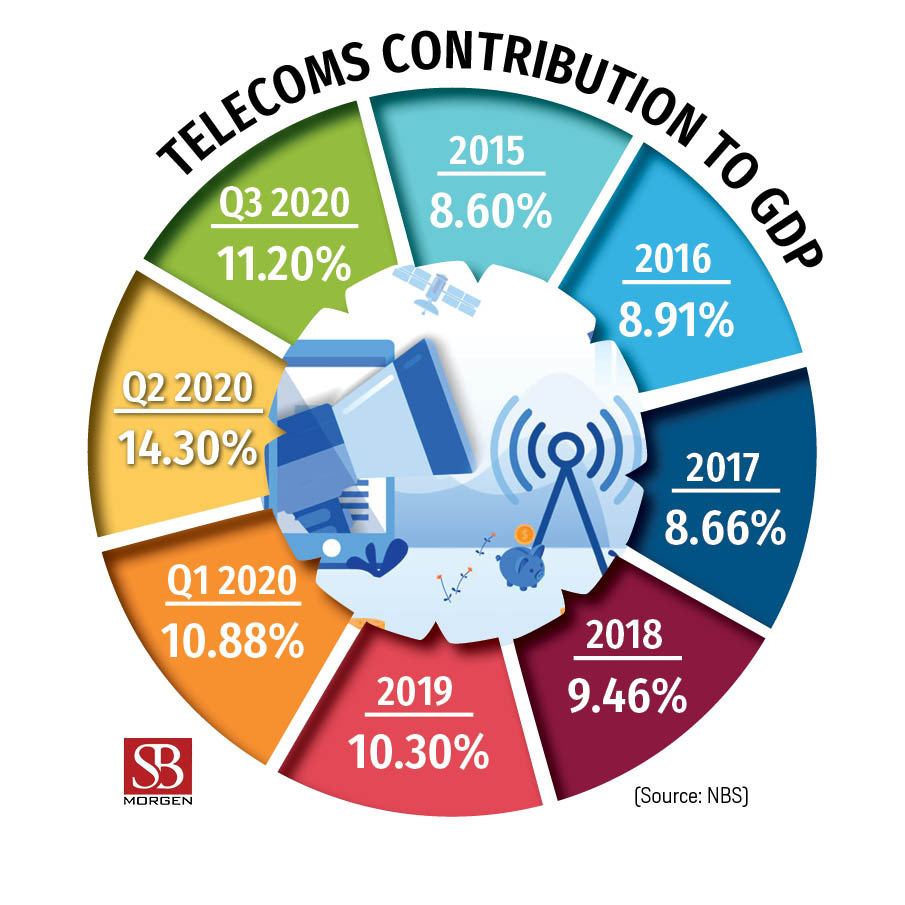Dial and pay
Nigerian banks will no longer charge for USSD banking; customers pay ₦6.98 per session from mobile credit. Telecoms dispute the NCC directive.
The Nigerian Communications Commission (NCC) has directed banks to stop deducting USSD banking charges from customers’ accounts, shifting the cost to users' mobile airtime instead. The change, which took effect on 3 June 2025, aligns with the NCC’s End-User Billing (EUB) model. Customers will now be charged ₦6.98 per 120-second session from their phone credit. United Bank for Africa (UBA) communicated the update via email to customers. However, telecom operators have raised concerns, stating there has been no formal agreement or official directive from the NCC regarding this billing shift.

The authority under which the Nigerian Communications Commission (NCC) is issuing directives to commercial banks remains ambiguous, especially as banks are firmly within the Central Bank of Nigeria (CBN)'s regulatory purview. This latest move appears to be less about fostering a vibrant USSD banking ecosystem and more akin to a debt recovery effort.
Once a dominant channel in the late 2010s and early 2020s, USSD banking has now receded into a niche. Its diminished relevance stems from persistent pricing disputes between banks and telecom operators, compounded by the rise of agile digital alternatives like OPay and PalmPay. The clear lesson here is that unmet consumer needs swiftly lead to the emergence of unexpected alternatives.
Underlying this friction is a deep-seated distrust between Nigerian banks and telecom companies, rooted in the latter's aborted attempt over a decade ago to enter the payments space. With the CBN's backing, banks successfully repelled that incursion. Consequently, regulatory announcements from either the CBN or NCC are now often viewed through a lens of rivalry and met with resistance.
Whilst inter-sector competition typically benefits consumers through lower costs and expanded access, a critical lack of regulatory coherence and coordination is now apparent. Without it, the market risks continued fragmentation, missed opportunities, and stunted innovation.

